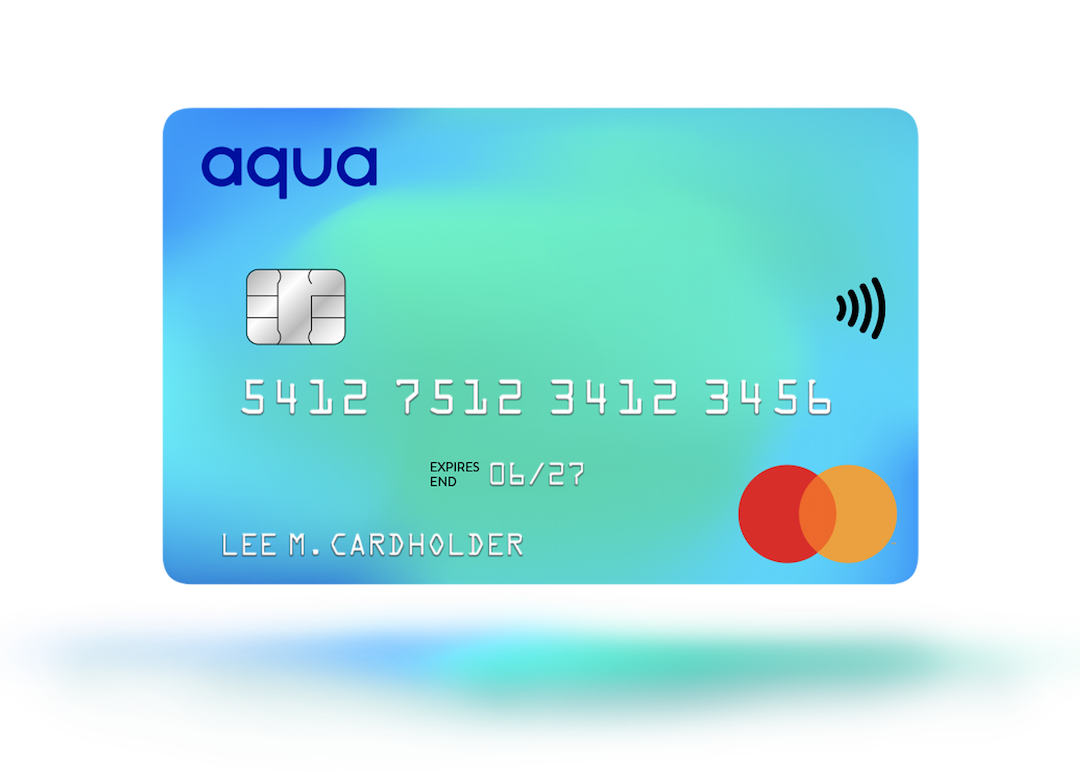In this article
Can you pay bills with a credit card?
Credit cards can be a convenient way to make purchases. Learn how you can use a credit card to pay everyday bills.

As the rising UK cost of living starts to bite, paying your bills with a credit card might seem like a handy way to manage your money. But although it’s possible to do it, there are things you will want to consider.
Learn all about using a credit card to pay bills – and discover whether it’s the best option for you – in our special guide.
How can credit cards help with the rising cost of living?
Recent news has been filled with stories about soaring energy prices, coupled with hikes in the costs of food, transport and more. September 2022 saw interest rates rise to a 14-year high, as the Bank of England battled to control inflation that had rocketed to 9.9%.
Government action has gone some way to help with energy costs, but households across the UK are still feeling the squeeze like never before. Finding the cash for everyday essentials like groceries and petrol may be a struggle for many – and credit cards can offer a lifeline in this situation, helping you to spread the cost of living so it’s more affordable.
Which bills can I pay with a credit card?
As a general rule, council tax, gas, electricity and water bills can all be paid by credit card. You may even be able to use your credit card for mortgage or rent payments, but this does come with a higher risk of getting into even more debt.
It’s important to remember that unless you pay off your credit card balance each month, you may be charged interest on it. This can build up over time, costing you more than if you’d paid the original amount directly instead of using a credit card.
That’s why it’s good to explore other options before using your credit card to pay bills. For example, if you’re having trouble making your mortgage payments, it’s always best to get in touch with your lender before you fall into arrears. They may be able to give you a payment holiday to take some of the pressure off for a while.
Will paying bills with my credit card affect my credit score?
As long as you’re able to make consistent monthly repayments towards your balance, paying bills with a credit card – and particularly a credit card for bad credit – could actually help you build a healthy credit history. However, if the debt stretches you too far and you miss a repayment, or if you find yourself getting close to your credit limit, that could hurt your credit score.
So, while there are plenty of advantages to using a credit card, it’s worth thinking carefully about whether this is the best way to pay your bills.
Another alternative might be to look at your budget and see if you can make your money work harder to combat the rising cost of living. Doing this might mean you can keep using the cash in your bank account for your bills – with no need to use your credit card.
How can I budget effectively to help with living costs?
Learning how to manage your budget is a valuable skill at any time, but in today’s world of soaring prices it’s more important than ever. Here’s our quick, three-step guide:
1. Review your past and current spending
Pull together as much information about your financial situation as you can. This means collecting:
- Payslips
- P60s
- Credit card statements
- Bank statements
- Pension statements
- Receipts
- Bills
- Direct debits
- Student loan statements
Reviewing your spending history will give you an idea of how much your outgoings are likely to be in the future.
Enter all this information into a spreadsheet or use an online budget planner.
2. Compare your total monthly income to your outgoings
Work out how much money you have coming in – including any earnings, benefits and interest from savings or investments.
Then add up all your spending. You’ll need to take into account large, regular outlays like food shops, utility bills and rent, as well as one-off purchases like a new pair of shoes.
Subtract your total spending from your total income to see if you have enough money to cover your outgoings each month.
3. Make adjustments to your budget
If your calculations reveal that your spending adds up to more than your income, you’ll need to think about making some changes.
Depending on your job, you might be able to pick up some extra hours to boost your pay packet, or you could consider looking for a new, higher-paying role.
If this isn’t an option, you’ll need to cut back on your spending. There are plenty of ways to do this, from avoiding brand-name foods at the supermarket to cancelling subscriptions and memberships that you don’t use.
You can find lots of information on how to budget effectively and so much more in our credit building hub.
If you happen to have some extra money left over each month, stick to your budget and use this money to clear any debts. Then, if you still have spare cash, consider putting it into savings and investments.
What if I still want to pay bills with my credit card?
After planning your budget, you may still decide that a credit card is the best way to pay your bills. Before you commit to it, though, do consider how it’ll impact your credit utilisation rate (that’s how much of your credit limit you’re using), whether you can afford to make the monthly repayments and the amount of interest you’ll pay if you carry your credit card balance over. These are things that can affect your credit score – meaning you may find it harder to get the credit you want in future.
If you’re an Aqua customer, you can learn all about your credit score and get help to build it with our in-app tool, Aqua Coach. Powered by TransUnion, it gives you a way to track your credit score, see the key factors affecting it and discover how to boost it.
Failure to make payments on time or to stay within your credit limit means that you will pay additional charges and may make obtaining credit in the future more expensive and difficult.
Contributors

Vanessa Stewart
Vanessa is an editor at Aqua.

Victoria Smith
Victoria is an editor at Aqua.
You might also like
Slide 1 of 3
Everyday budgeting
Budgeting bills and everyday budgeting tips.
Sharvan Selvam

How to keep your credit healthy
Get actionable tips on keeping your credit rating healthy and avoid the pitfalls of bad credit.
Victoria Smith

Dealing with money worries
Find out how to deal with debt stress and money worries in a practical way.
Victoria Smith
The smart way to build better credit
Aqua is the credit card that gives you the power to improve your credit score
